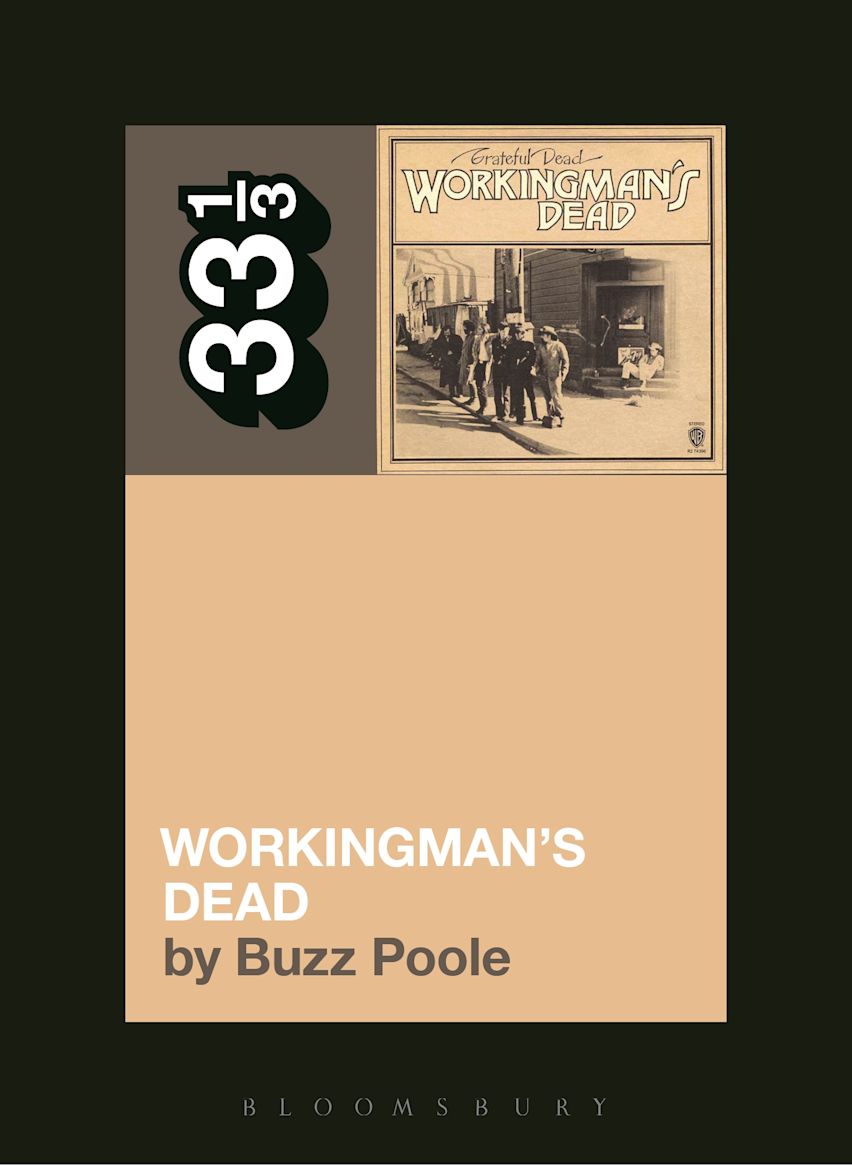Fifty years ago, in December 1969, the groovy 60s came to an end, both literally and figuratively. After events like the Be-In in San Francisco in January 1967, Monterey Pop Festival in June of ’67, and Woodstock in August of ’69, the Altamont Speedway Free Festival signaled how the cultural and political anxieties that lurked in the idealism of the 60s would manifest the uncomfortable realties that came to define the 1970s.
Of the eight songs on Workingman’s Dead the origin story for “New Speedway Boogie” is the best known and one of the few explicitly topical songs the Grateful Dead ever recorded. Disinclined to over-explain his work, Robert Hunter, Jerry Garcia’s songwriting partner, never tiptoed around the fact that these lyrics were a response to the events that took place during the Altamont Speedway Free Festival on December 6, 1969: “I was just translating what everyone was saying after Altamont. At that point, I was just trying to be a reporter, almost, in trying to get explicitly what everyone was driving at. Why Altamont was so terrible, and in another way, why it was to be expected.”
Located about 50 miles east of Oakland, the Altamont Speedway was, by Ralph J. Gleason’s reckoning in a piece he penned for Esquire in 1970, “in the crotch of the hills at the southeast end of the Livermore Valley.” On the morning of December 6, it was cold. Around 300,000 people had driven out from the Bay Area on 680 or up from Los Angeles on 5, choking the highways and abandoning their cars on the side of the roads, hoofing it over the sere rain-hungry hills. They had come to see “Woodstock West,” an idea schemed up out of the concerts the Dead and other San Francisco bands had been organizing for years. But this wasn’t a free gig in Golden Gate Park’s Panhandle that had been decided upon that morning. Before the Free Festival was scheduled to begin it was already out of control. The whole reason for throwing together this day of music became public knowledge when, during a televised press conference, Mick Jagger said that the Rolling Stones would be playing a free show in Golden Gate Park to close out their North American tour.
